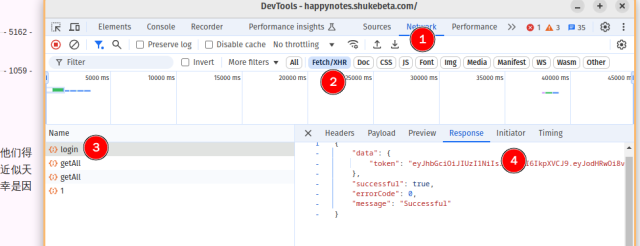Common NUnit `Assert` statements
Here’s a consolidated list of common NUnit Assert statements, categorized by their purpose. This should cover most of the common scenarios:
Basic Assertions
-
Equality:
Assert.That(actual, Is.EqualTo(expected)); Assert.That(actual, Is.Not.EqualTo(expected)); -
Boolean Conditions:
Assert.That(condition, Is.True); Assert.That(condition, Is.False); -
Null Checks:
Assert.That(obj, Is.Null); Assert.That(obj, Is.Not.Null);
String Assertions
-
Contains:
Assert.That(actualString, Does.Contain(substring)); -
Starts With / Ends With:
Assert.That(actualString, Does.StartWith(prefix)); Assert.That(actualString, Does.EndWith(suffix)); -
Empty or Not Empty:
Assert.That(actualString, Is.Empty); Assert.That(actualString, Is.Not.Empty); -
Matches Regex:
Assert.That(actualString, Does.Match(regexPattern));
Collection Assertions
-
Contains Item:
Assert.That(collection, Does.Contain(item)); -
Has Specific Count:
Assert.That(collection, Has.Count.EqualTo(expectedCount)); -
Empty or Not Empty:
Assert.That(collection, Is.Empty); Assert.That(collection, Is.Not.Empty); -
Unique Items:
Assert.That(collection, Is.Unique);
Numeric Assertions
-
Greater Than / Less Than:
Assert.That(actual, Is.GreaterThan(expected)); Assert.That(actual, Is.LessThan(expected)); -
Greater Than or Equal / Less Than or Equal:
Assert.That(actual, Is.GreaterThanOrEqualTo(expected)); Assert.That(actual, Is.LessThanOrEqualTo(expected)); -
In Range:
Assert.That(actual, Is.InRange(lower, upper));
Type Assertions
-
Instance of Type:
Assert.That(obj, Is.TypeOf<ExpectedType>()); Assert.That(obj, Is.InstanceOf<ExpectedType>()); -
Assignable From:
Assert.That(obj, Is.AssignableTo<ExpectedType>());
Exception Assertions
-
Throws Exception:
Assert.Throws<ExpectedExceptionType>(() => { methodCall(); }); -
Throws Specific Exception with Condition:
var ex = Assert.Throws<ExpectedExceptionType>(() => { methodCall(); }); Assert.That(ex.Message, Does.Contain("expected message"));
Miscellaneous
-
Same Instance:
Assert.That(actual, Is.SameAs(expected)); Assert.That(actual, Is.Not.SameAs(expected)); -
Applies a Condition:
Assert.That(collection, Has.Some.Matches<ExpectedType>(item => item.Condition)); -
Delayed Constraints (Asynchronous):
Assert.That(() => condition, Is.True.After(500).PollEvery(50)); -
Group related assertions together to improve readability and reporting:
Assert.Multiple(() => { Assert.That(okResult, Is.Not.Null, "okResult should not be null"); Assert.That(okResult.Value, Is.TypeOf<string>(), "Value should be of type string"); });
